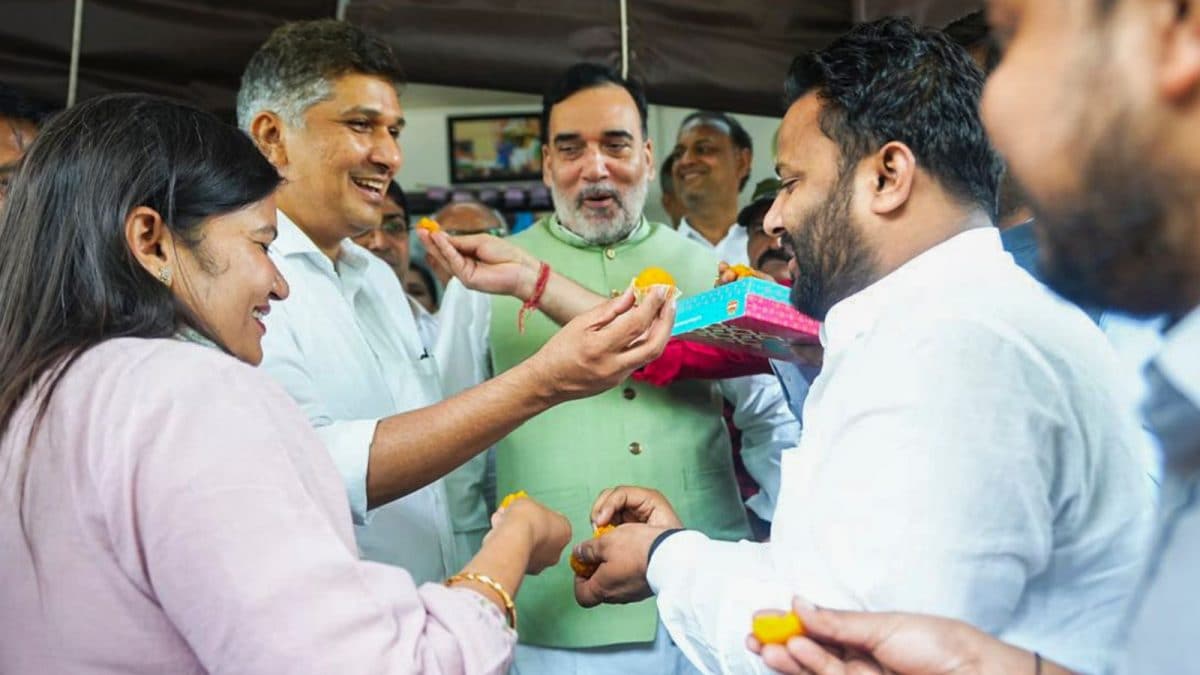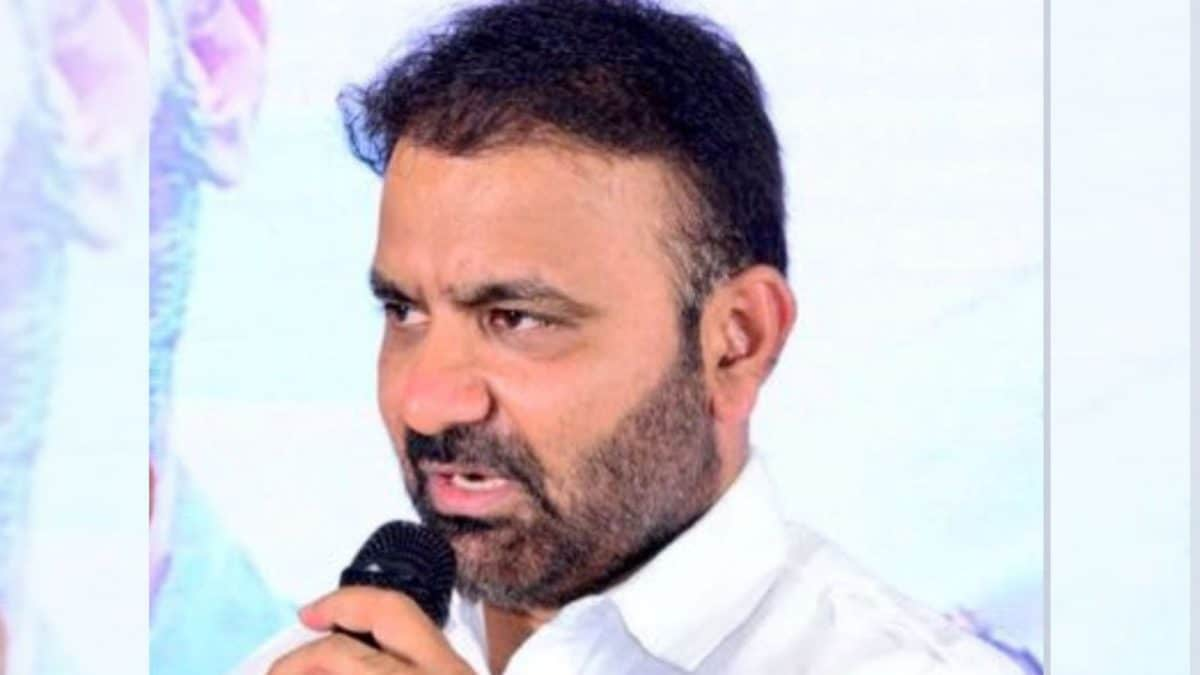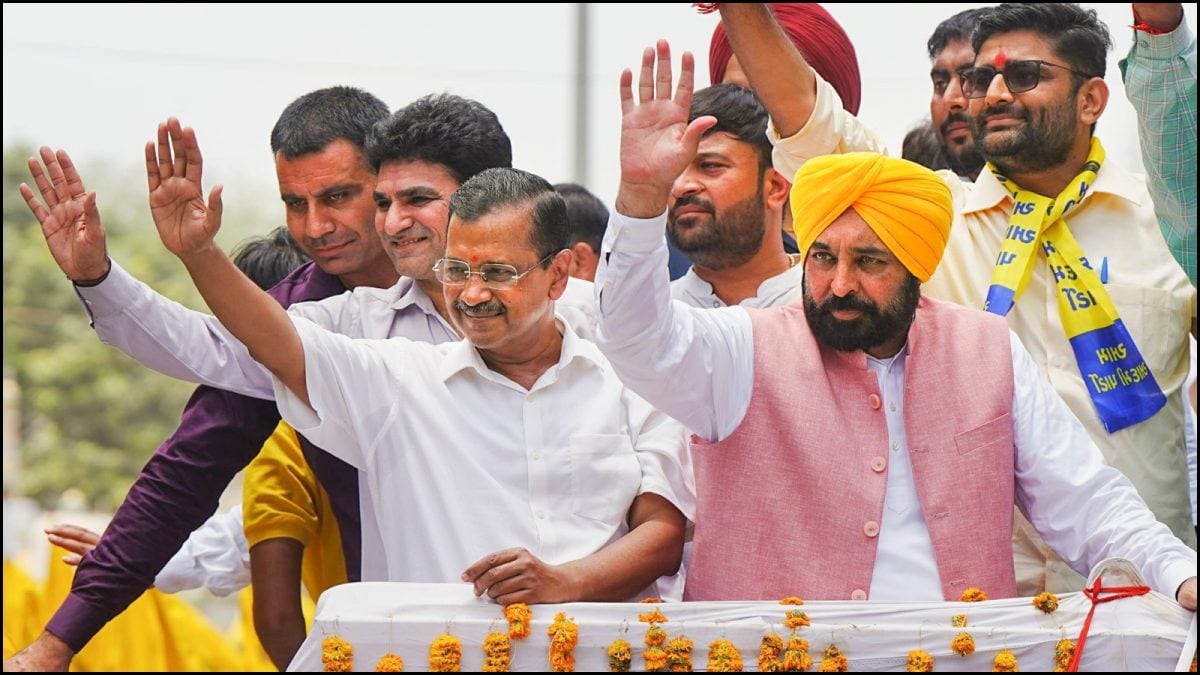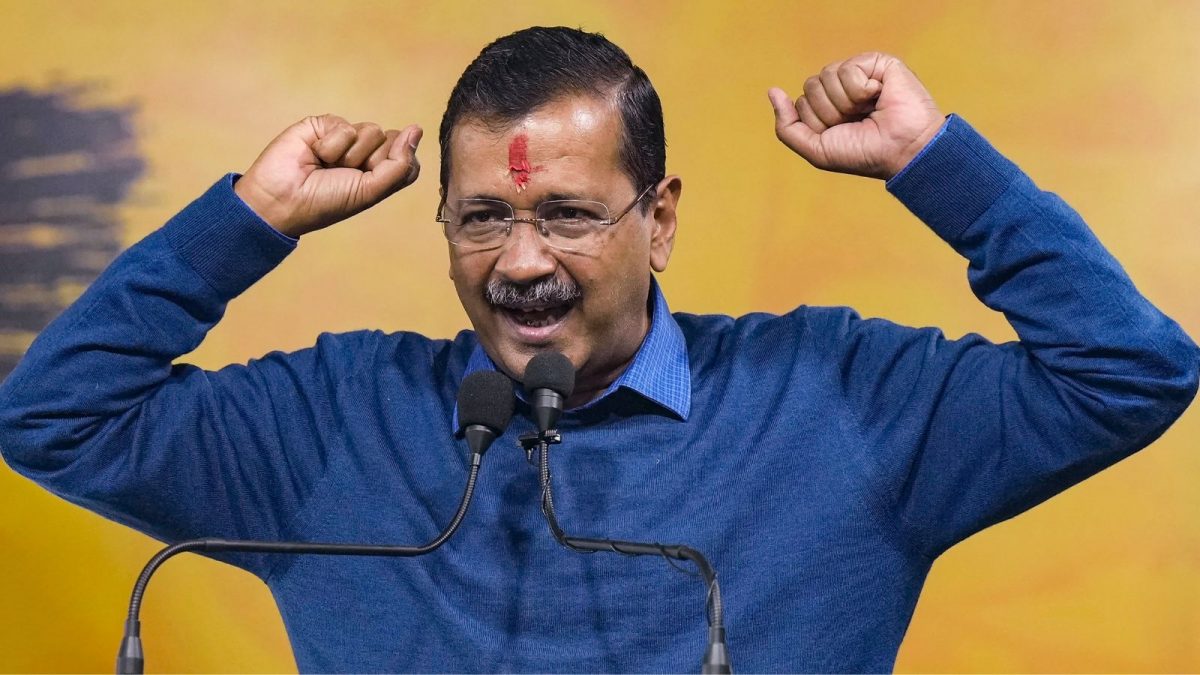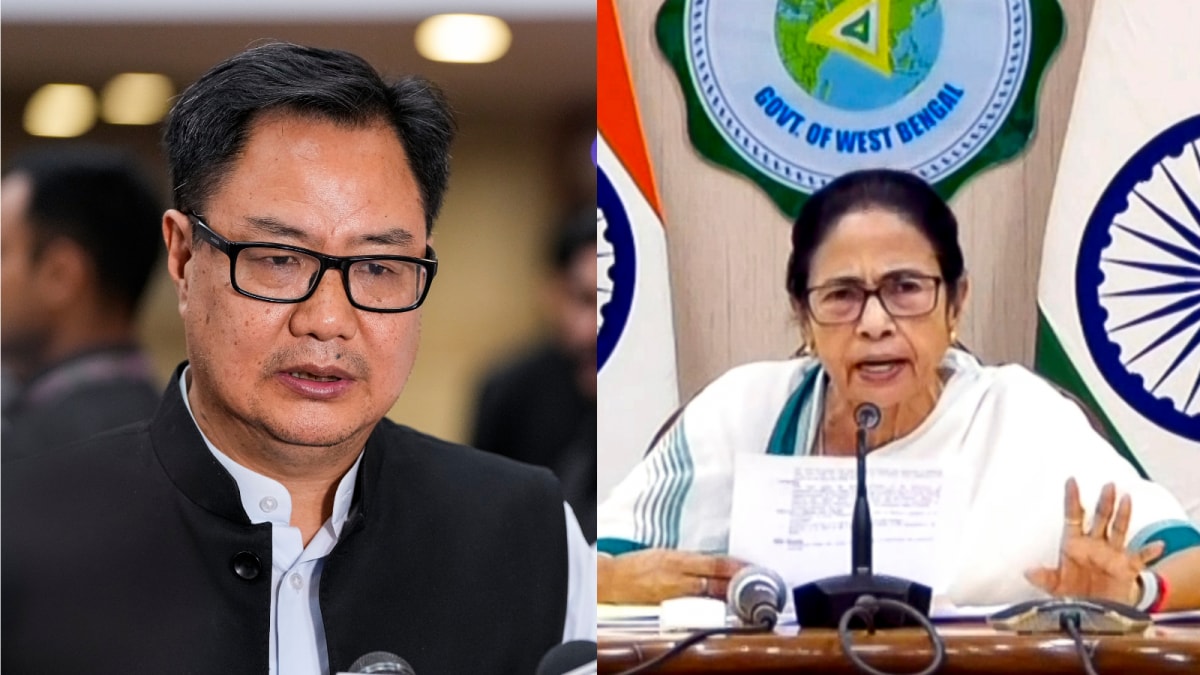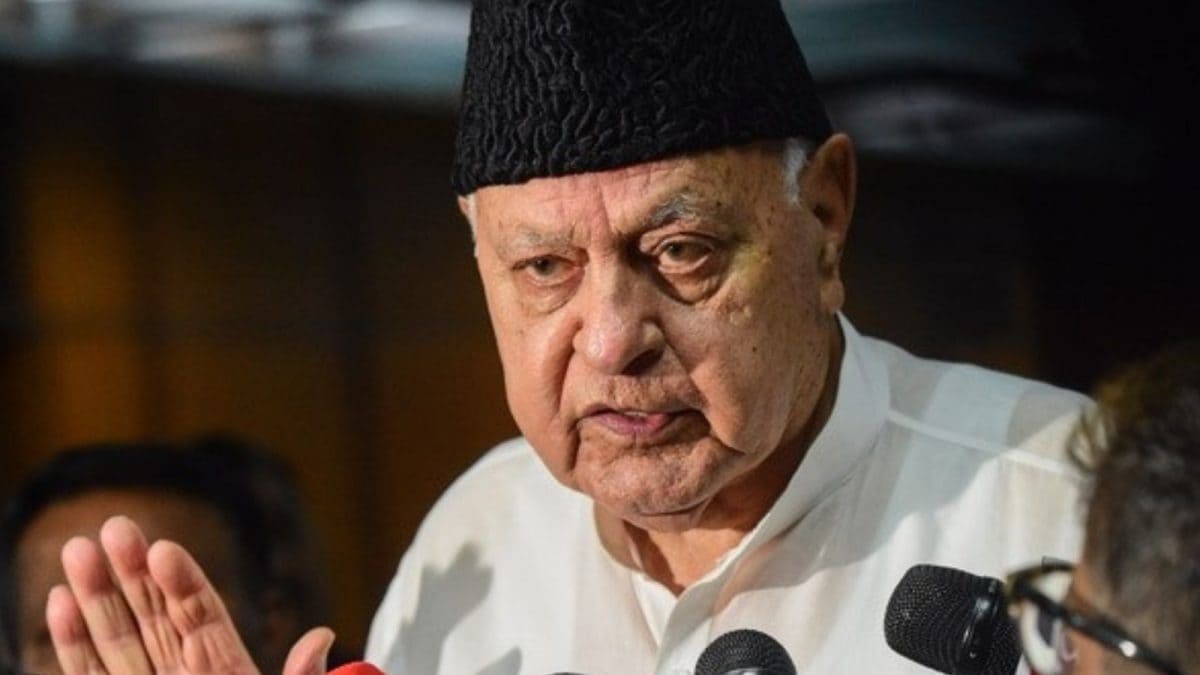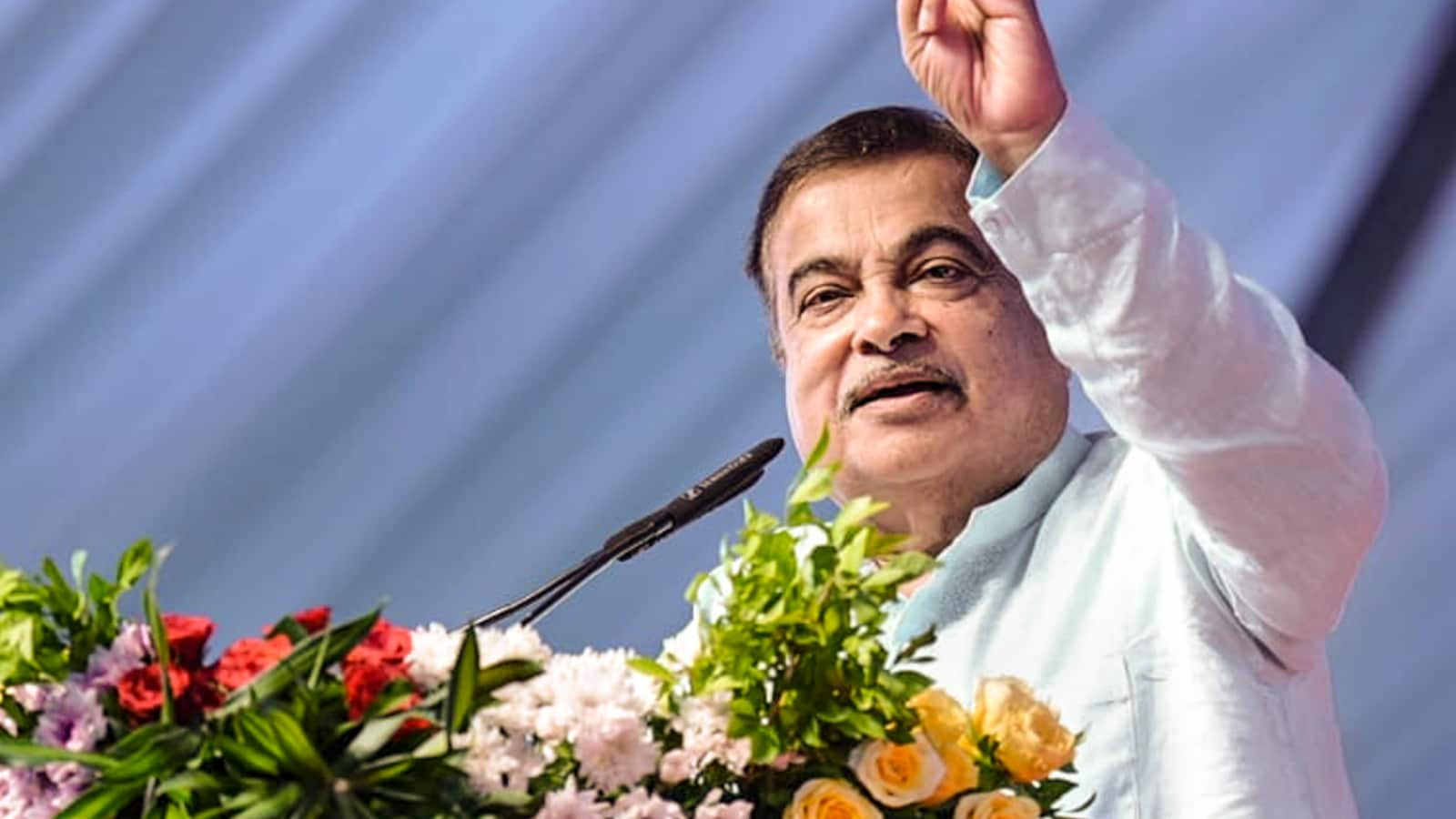Last Updated:May 07, 2025, 19:43 IST
Behind the delay is a complex web of political calculations, legal hurdles and administrative lapses that have impacted the political landscape and grassroots development

BMC is Asia’s richest municipal corporation with an annual budget larger than some Indian states. (File)
The Supreme Court recently directed the Maharashtra State Election Commission (SEC) to notify and conduct long-pending local body elections, including those in the prestigious Brihanmumbai Municipal Corporation (BMC).
The order is not just a judicial intervention—it’s a much-needed push to restore democratic functioning at the local level in the state.
Behind this delay, however, lies a complex web of political calculations, legal hurdles, and administrative lapses that have impacted not only the political landscape, but also grassroots development in Maharashtra.
WHY LOCAL BODY ELECTIONS HAVE NOT HAPPENED IN MAHARASHTRA
The delay in conducting local body elections in Maharashtra, especially municipal corporations such as Mumbai, Pune, Thane, and Nagpur, can be traced to a combination of legal ambiguities and political reluctance.
A major turning point was the Supreme Court’s 2022 judgment that mandated the inclusion of OBC quota only after empirical data collection by the state. This forced the State Election Commission to pause elections until the Backward Class Commission submitted a comprehensive report.
However, even after the commission submitted its data, the polls were not held. Successive governments, first the Maha Vikas Aghadi (MVA) and now the Mahayuti coalition led by CM Devendra Fadnavis, Deputy CMs Eknath Shinde and Ajit Pawar, seemed hesitant to hold elections without clearly redrawing ward boundaries and finalising reservation rosters.
For many observers, this reluctance is politically motivated—both alliances fear losing key municipal bodies, especially in urban areas where voter sentiments have shifted post the 2019 and 2024 Lok Sabha elections.
IMPACT ON MAHARASHTRA’S POLITICAL LANDSCAPE
Most of the municipal corporations and zilla parishads are currently being run by administrators, essentially bureaucrats, without any elected representatives. This has distanced people from their immediate political representatives and eroded accountability.
Politically, this has allowed all major parties—BJP, Shiv Sena (Shinde), NCP (Ajit Pawar), Shiv Sena (UBT), and Congress—to operate in a state of extended campaign mode. Parties have used this time to consolidate their voter bases, rework alliances, and shift narratives, particularly in BMC where the battle between Shiv Sena (UBT) and Shinde Sena is seen as a prestige fight. The delay has especially benefitted ruling parties who, by avoiding elections, have dodged any immediate electoral backlash stemming from public grievances over governance, inflation, or civic issues.
Moreover, the political indecisiveness has also led to growing cynicism among voters. The perception that parties are avoiding elections to manipulate political outcomes damages the credibility of democratic institutions, making people feel that electoral processes are being subverted for power politics.
IMPACT ON DEVELOPMENT AND CIVIC GOVERNANCE
Perhaps the most tangible fallout of the delayed elections is seen in day-to-day governance. With administrators at the helm, local bodies have turned into largely reactive entities. Major infrastructure decisions, budget approvals, and welfare schemes have slowed down. Projects that require political oversight and public feedback—be it road repairs, waste management, or urban development plans—are often stuck in limbo.
In a diverse state like Maharashtra, where rural and urban needs vary drastically, local self-governments are the first point of citizen interaction. Their dysfunctionality has meant delayed grievance redressal, lack of transparency in fund allocation, and weakened implementation of centrally and state-sponsored schemes like Smart Cities Mission, Swachh Bharat, and Jal Jeevan Yojana.
WHY BMC ELECTIONS ARE CRUCIAL
At the heart of this judicial push lies the BMC—Asia’s richest municipal corporation with an annual budget larger than some Indian states. Controlling the BMC is not just about civic administration, it is about political legitimacy and financial power. For decades, the BMC was Shiv Sena’s stronghold, serving as its core power base and funding source.
However, the 2022 split in Shiv Sena has completely changed the equation. The Uddhav Thackeray-led Shiv Sena (UBT) views the upcoming BMC polls as a make-or-break moment to reclaim its identity, while the Shinde-led faction wants to prove its political relevance in the state’s financial capital. The BJP, meanwhile, eyes the BMC to expand its urban dominance and implement its “double-engine" governance model with both state and municipal cooperation.
Winning the BMC is also symbolically critical—it’s a litmus test for public opinion post the Maharashtra Assembly elections, as the MVA is of the opinion that Mahayuti won by tampering voting machines. It will signal whether Mumbaiites back the rebel Shinde faction or remain loyal to Uddhav Thackeray, and whether the BJP’s urban strategy is working for them to get them the throne of BMC for which party is waiting since quite a long time.
Local body elections form the bedrock of participatory governance and must be treated with the same urgency as state or national polls. Maharashtra, one of India’s most politically significant states, cannot afford to let its local institutions erode further.
Location : First Published:News politics SC Push For Maharashtra Local Body Elections: BMC To Parties, Here’s Why The Poll Position Is Key

 1 month ago
1 month ago
